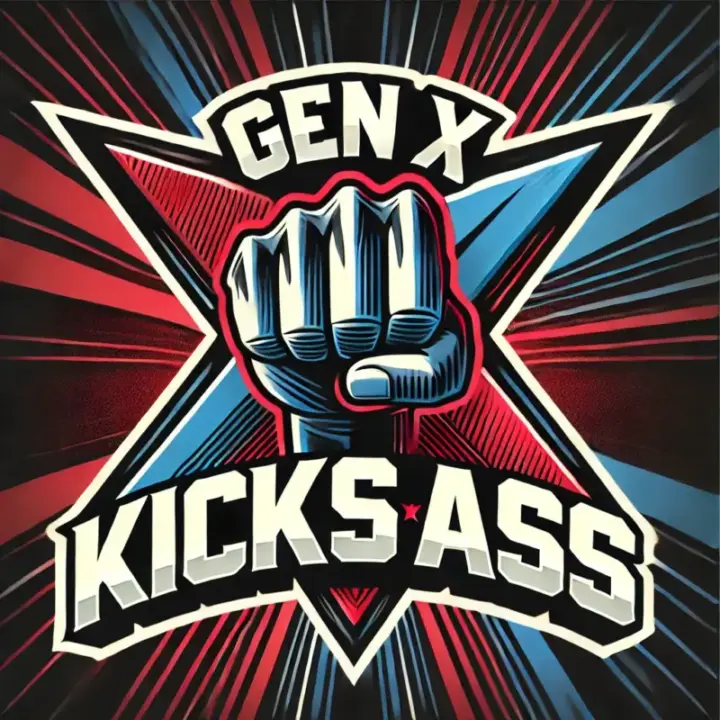Introduction: The Hidden History of Barbecue
Barbecue is an essential part of American food culture, but its true origins go far beyond the smokehouses of Texas or the pits of the Carolinas. While often celebrated as a Southern tradition, barbecue has deep roots in slavery, where enslaved Africans in the U.S. pioneered slow-cooking techniques to transform tough, undesirable cuts of meat into something flavorful and nourishing.
This history isn’t just about food—it’s about survival, innovation, and cultural resilience.
The Birth of Barbecue: Slavery’s Role in Southern Cooking
Many of the barbecue techniques we know today—slow-cooking over wood fires, smoking meats, and marinating with spices—originated from enslaved African Americans. Given only the least desirable cuts of meat, such as ribs, brisket, and pork shoulders, they developed unique ways to cook low and slow over open flames, making tough cuts tender and rich in flavor.
How Slavery Shaped Barbecue in America
- Enslaved people were the first true pitmasters, mastering the art of smoking and seasoning meats.
- Plantation owners relied on enslaved cooks to prepare barbecue for large gatherings and celebrations.
- African and Indigenous cooking techniques blended to create regional barbecue styles, influencing sauces, spices, and smoking methods.
These methods, perfected over generations, became the foundation of modern Southern barbecue.
African and Indigenous Influence on Barbecue
Barbecue is a mix of traditions, but much of it traces back to West African cooking techniques. In African cuisine, slow-roasting meats over wood fires was a common method of food preparation. Enslaved Africans brought this expertise with them, combining it with the open-pit cooking methods used by Native American tribes.
Key Culinary Influences on American Barbecue
- African Cooking: Seasoning meats with bold spices, using slow-roasting techniques.
- Indigenous Techniques: Cooking meats over pits dug into the ground, using natural wood smoke for flavor.
- European Additions: Vinegar, mustard, and tomato-based sauces evolved from European settlers’ influence.
These elements came together to form the regional barbecue styles we recognize today, from Carolina vinegar-based barbecue to the rich, smoky flavors of Texas brisket.
The Evolution of Barbecue: From Oppression to Celebration
What was once considered “slave food” eventually became an American staple. However, while barbecue became a national favorite, the contributions of enslaved African Americans were often erased or overlooked.
The Growth of Barbecue Culture
- Barbecue pitmasters emerged in the 19th and 20th centuries, many of whom were former enslaved individuals.
- Southern barbecue joints thrived, yet the recognition of its African American roots remained limited.
- Today’s barbecue traditions still rely on techniques developed by enslaved cooks, even if their contributions remain underappreciated.
By acknowledging this history, we gain a deeper appreciation for the craft of barbecue and the resilience of the people who created it.
Honoring Barbecue’s True Origins
Modern barbecue wouldn’t exist without the skills, creativity, and perseverance of enslaved Africans. Every time we fire up a smoker or enjoy slow-cooked ribs, we are partaking in a rich cultural tradition that dates back centuries.
Why This History Matters
- It highlights the cultural impact of African Americans on American cuisine.
- It acknowledges the innovation that came from hardship.
- It encourages us to honor the real origins of barbecue, rather than just its modern popularity.
Conclusion: Barbecue is More Than Just Food
Barbecue is more than a meal—it’s history, culture, and resilience on a plate. By understanding and respecting its true origins, we can celebrate barbecue for what it truly is: a culinary art born from struggle, survival, and ingenuity.
